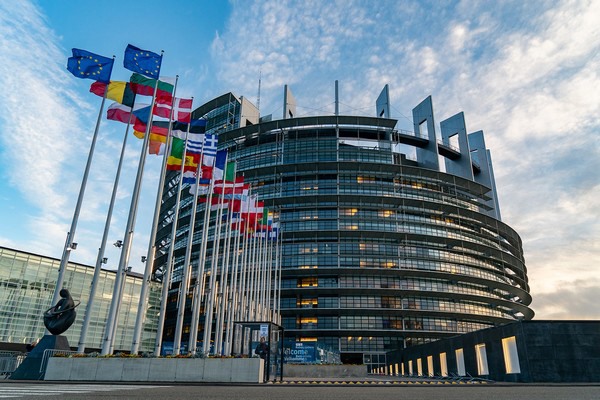Last week, the European Parliament voted to reject a European Commission-backed proposal on the sustainable use of Plant Protection Products (PPPs). This marks a significant shift in agricultural policy and a rejection of the unscientific and, at times, highly politicized PPP policymaking in Brussels. At CropLife, the UK has welcomed this change in policymaking, which is not backed by good science, causes industry uncertainty, stymies innovation, and ultimately challenges our capacity to feed ourselves. The change in direction in the EU underscores our argument for creating a regulatory environment conducive to innovation in agriculture, backed by evidence and not reliant on arbitrary and politically motivated targets. At a time when food security and environmental sustainability are paramount, this development brings home the opportunity for the UK to pioneer a more progressive and innovation-centric regulatory framework. Such a framework is critical in addressing the intertwined challenges of biodiversity decline, climate change, and the growing need to feed an expanding global population.

At the British Crop Production Council (BCPC) conference on November 7, the company launched "AGRICULTURE'S TRILEMMA: An Exciting Opportunity for UK Agriculture." Authored by agricultural economist Séan Rickard, this report is a timely contribution, especially given the current emphasis on food security and affordability in the national discourse. The report's launch coincides with the recent emphasis on biodiversity in the Government's King's Speech, underlining its relevance to current policy discussions.
AGRICULTURE'S TRILEMMA addresses the crucial issues at the heart of agriculture and food security. The report explores the global challenge of nourishing a burgeoning population while preserving our natural ecosystems. It delves into how advancements in technology, innovation, and science can bridge these challenges, highlighting the role of sustainable intensification in boosting productivity. This report serves as a guidepost for the UK's agricultural sector, outlining a path of innovation and positive transformation.
The potential for agricultural innovations like precision agriculture, digital and biological technologies, and New Genomic Techniques (NGTs) is immense. These technologies are vital for sustainable intensification, enabling higher yields on existing farmlands and reducing the need to encroach on untouched natural habitats. However, realizing their full potential hinges on a regulatory environment that is adaptive, scientifically informed, and future-oriented. Such a framework should support the rapid deployment and safe usage of these advanced technologies while balancing environmental concerns with the economic needs of farmers.
For more information:
CropLife UK
croplife.co.uk
